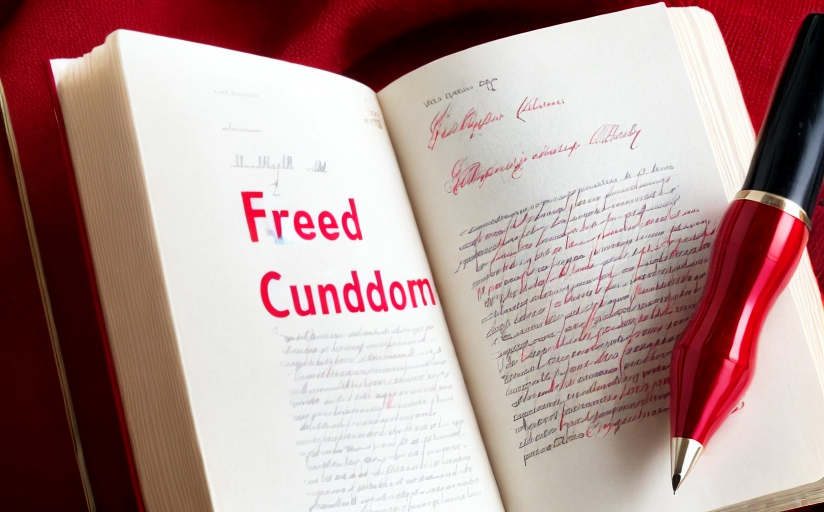Censorship in Literature: Pros and Cons
In the expansive sphere of literature, of essential importance yet volatile nature is the concept of censorship. Censorship refers to the suppression or prohibition of any parts of books, films, news, etc. that are considered obscene, politically unacceptable, or a threat to security. To delve into the intricacies associated with this topic, this article investigates and elaborates on the concept of censorship in literature, examining both its salutary and detrimental effects.
Definition of Censorship
At its core, censorship is the alteration or suppression of content deemed offensive or politically incorrect. It ranges from the removal of a fleeting expletive to the outright banning of an entire literary work. The main factions that often enforce censorship include governmental bodies and cultural or religious groups, among others.
The Pros
Notwithstanding the criticisms, censorship plays several beneficial roles in society. Primarily, it safeguards society's moral fabric by blocking content that could corrupt minds, especially those of the younger generation. For instance, books with explicit sexual content or those promoting hate speech or violence are often censored to maintain societal decorum and peace. Consider the example of Anthony Burgess's A Clockwork Orange; heavily criticized for its portrayals of violence, it was linked to several violent copycat crimes, prompting the author to request its withdrawal from sale.
The Cons
However, the disadvantages of censorship should not be overlooked. Its most deleterious effect lies in its infringement on freedom of speech and expression, stifling artistic creativity and originality. It can also result in the suppression of pertinent issues under the auspices of protecting societal values. For example, the Chinese government banned George Orwell’s “Animal Farm” and “1984”, two books that openly critique totalitarian regimes, thereby restricting its citizens' access to diverse political ideologies.
Social Impact of Censorship on Literature
By determining the content that the public can consume, censorship profoundly shapes societal perceptions of literature. It can mirror society’s values and norms while also restricting access to alternative ideas and views. For creators, it stands as a barrier that may limit the exploration of unconventional or controversial themes. However, it can also challenge them to find crafty ways to deliver their message without offending the censors.
Conclusion
Whether censorship is a boon or bane largely depends on one's perspective. While it helps maintain societal decorum and protect vulnerable groups, it simultaneously stifles creativity and freedom of expression. Thus, it is crucial to strike a balance, allowing creative freedom while protecting society from potentially harmful content. A more open dialogue on censorship and a clear classification of what warrants it could lead to a more liberal, enlightened society. After all, literature should be a mirror reflecting society with all its warts and beauty, necessitating an environment where writers feel free to explore the depths of human experience without fear of censorship.




















Comments
Leave a Comment